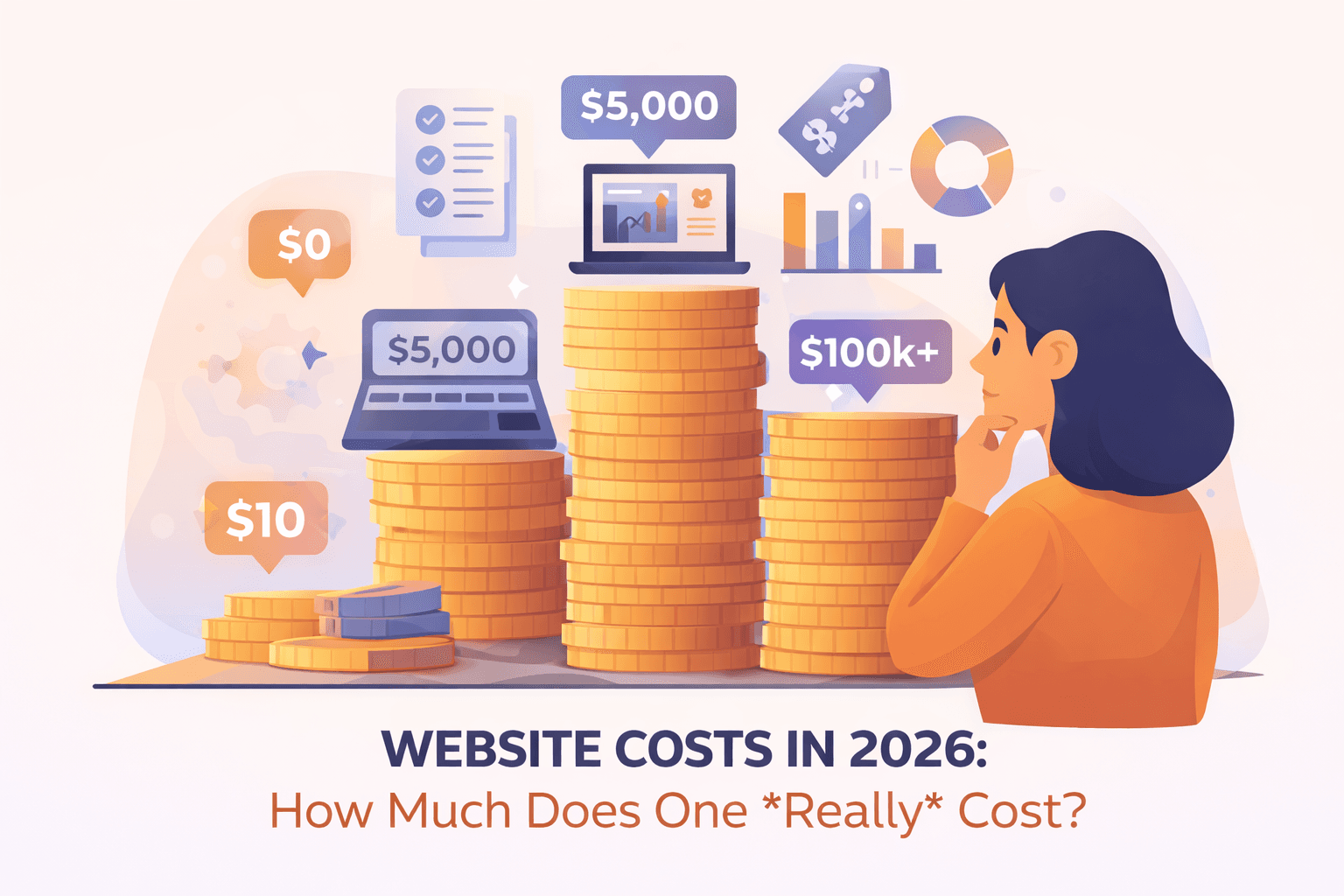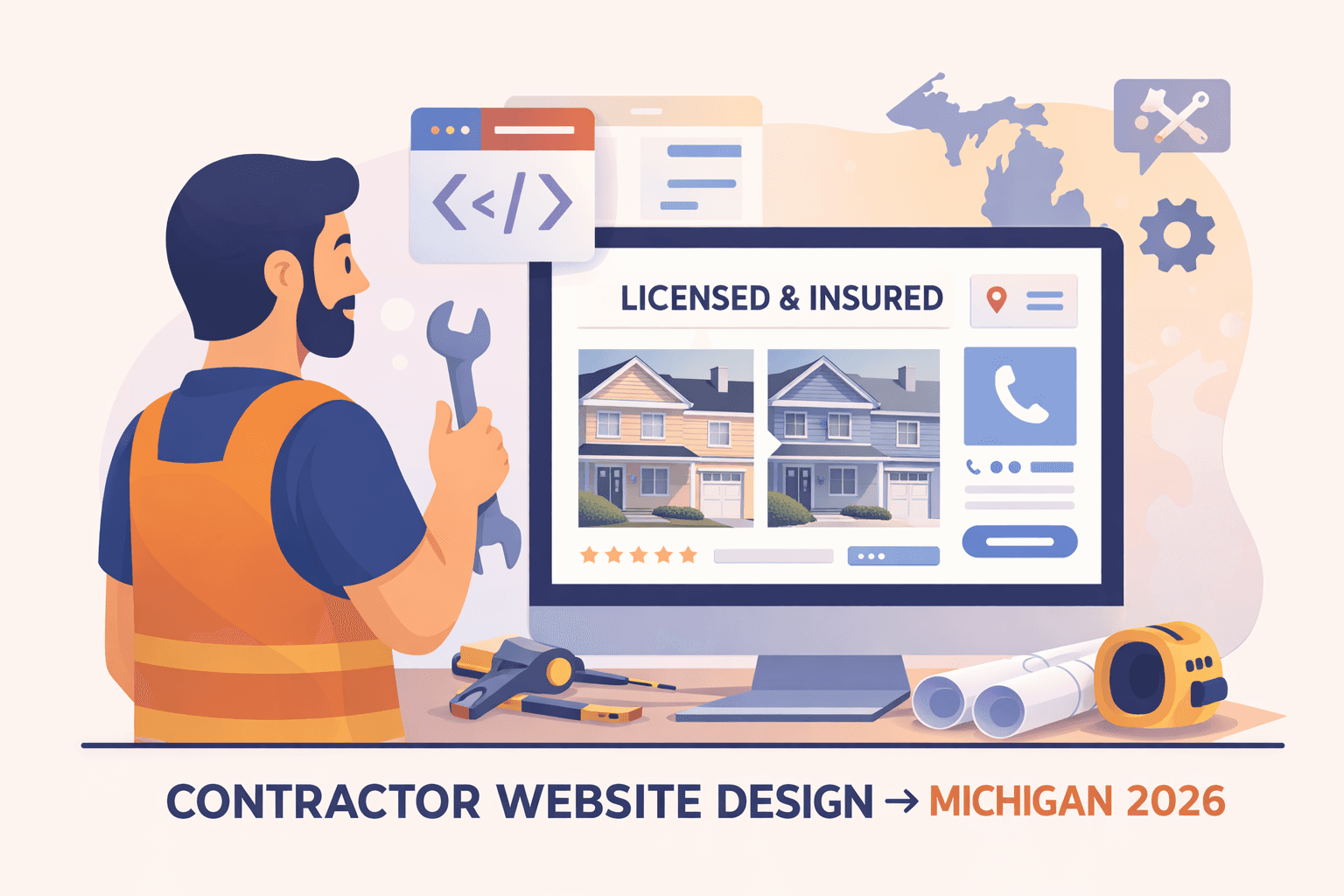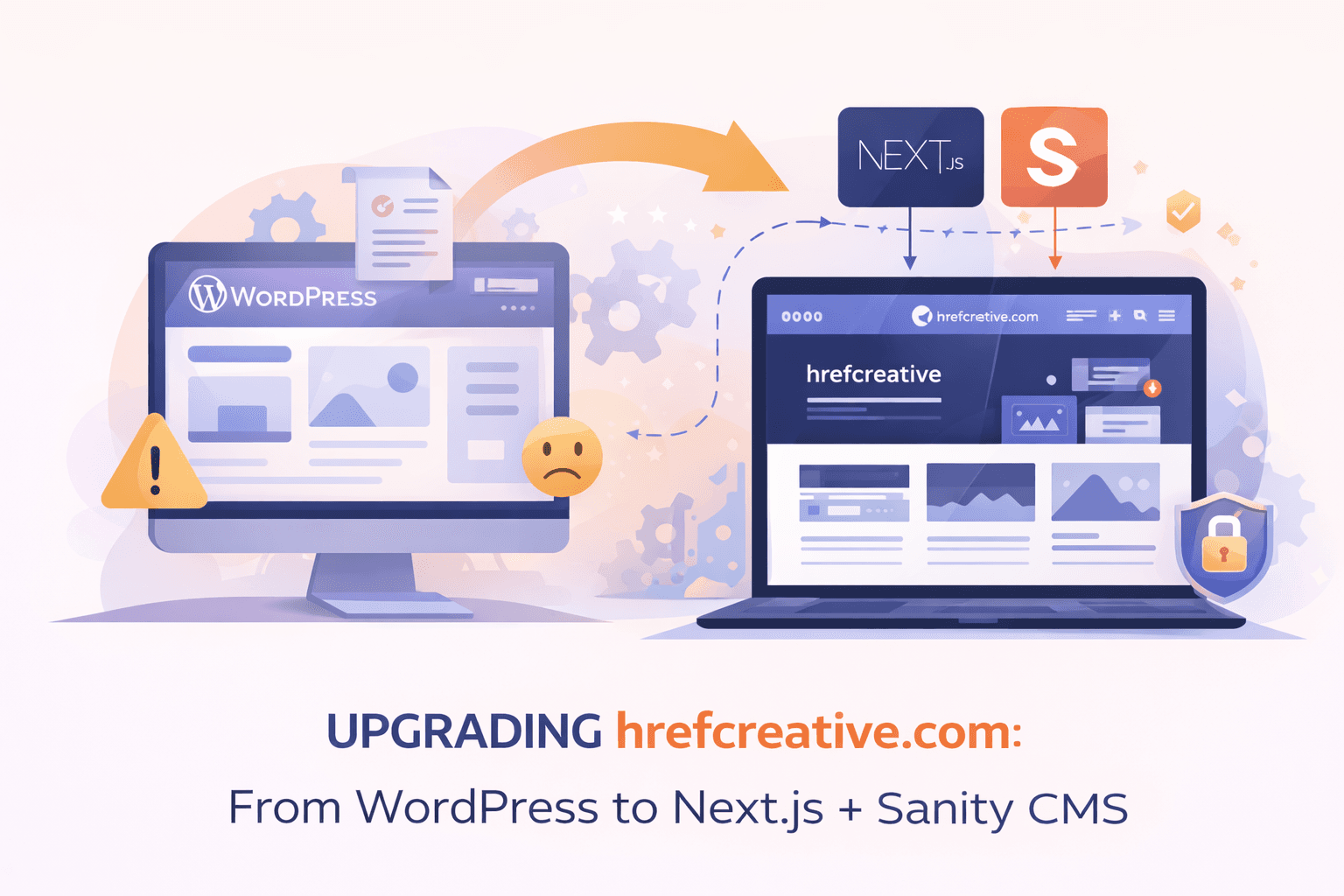Have you ever visited a website that took too long to load, had broken images or links, or was difficult to navigate? If yes, then you know how frustrating it can be. Your customers feel the same way. In today's digital world, a website is the first point of contact for most customers. A website that loads quickly, is easy to use, and offers a great user experience can make all the difference for your business. In this blog post, we'll explain why website speed and performance matter for your business success.
Introduction
The introduction of your blog post should briefly introduce the topic and capture the reader's attention. You can use a hook, a statistic, a quote, or a story to make it interesting. In this case, we'll use a hook:
Did you know that 47% of internet users expect a website to load in 2 seconds or less, and 40% of visitors will abandon a website that takes more than 3 seconds to load? That's right. Your website's speed can make or break your business. In fact, studies have shown that slow loading times can lead to a decrease in customer satisfaction, page views, and conversions.
Why Website Speed Matters for SEO
Search engines like Google consider website speed as one of the ranking factors. Google has been using site speed as a ranking factor since 2010, and it has only become more important over the years. A fast-loading website helps search engines crawl your website more efficiently, which leads to better indexing and higher rankings. Additionally, Google's algorithm prioritizes websites that offer a great user experience. Since website speed is an important part of the user experience, it can affect your search engine rankings.
Why Website Performance Matters for User Experience
A website that performs well can improve the user experience, which is crucial for customer satisfaction. A fast-loading website helps users navigate through your website more quickly, find the information they need, and complete their desired actions. On the other hand, a website that loads slowly, has broken links, or is difficult to navigate can lead to a poor user experience, which can negatively impact your business. According to Google, a website that takes longer than 3 seconds to load can result in lost revenue and increased bounce rates.
How to Improve Website Speed and Performance
- Improving website speed and performance is not rocket science. Here are some tips that can help you: Optimize images: Large images can slow down your website. Make sure to compress images and use the appropriate file format.
- Use a content delivery network (CDN): A CDN can help deliver your website's content faster to users around the world by caching your website's content on servers located in different regions.
- Minimize HTTP requests: Reduce the number of HTTP requests by combining CSS and Javascript files, and minimizing the use of plugins.
- Use a caching system: A caching system can help store frequently accessed data on a user's device, which can speed up the loading times for subsequent visits.
- Use a fast web host: A reliable and fast web host can help improve your website's speed and performance.
- Optimize code: Minimize code, use a clean code structure, and remove unnecessary whitespace to help speed up your website.
Why Choose Our Digital Marketing Agency
If you're looking for a reliable digital marketing agency that specializes in website development, SEO, and digital marketing, look no further. Our team of experts has years of experience in helping small to medium businesses in the Detroit area improve their website's speed and performance. We offer a range of services, including website optimization, web development, and digital marketing, to help you achieve your business goals.
Conclusion
The conclusion of your blog post should summarize the main points and reiterate the importance of website speed and performance for your business success. You can use the following text:
In today's digital world, a website is the first point of contact for most customers. A website that loads quickly, is easy to use, and offers a great user experience can make all the difference for your business. By improving your website's speed and performance, you can improve your search engine rankings, increase customer satisfaction, and ultimately, grow your business. Contact us today to learn how we can help you achieve your goals.
Remember, website speed and performance matter for your business success. By implementing the tips mentioned above and choosing a reliable digital marketing agency, you can take your website to the next level and achieve your business goals.


